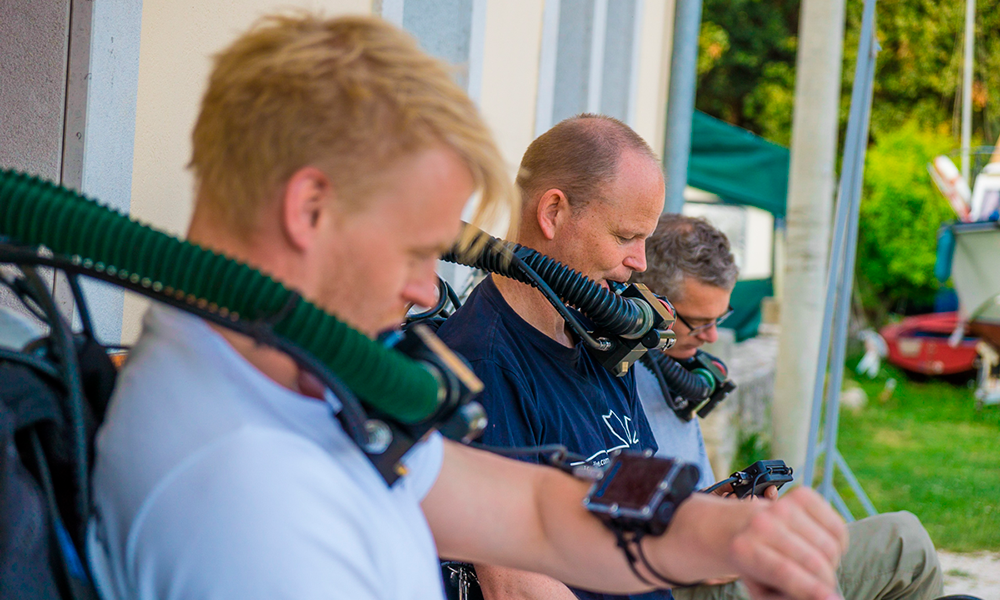How about, for the sake of the OP who has less than 50 dives, we stick to the question of whether there is a reason not to use nitrox on every dive, and steer away from subjects like the pleasures of narcosis and the use of trimix. This is the Basic Scuba forum, after all.
As far as cost, in some places it’s expensive (Bermuda) and in some places it’s free (Bonaire). In most places it’s not that much more than air.
Erik
ETA Did I use too many commas? They still confuse me.
As far as cost, in some places it’s expensive (Bermuda) and in some places it’s free (Bonaire). In most places it’s not that much more than air.
Erik
ETA Did I use too many commas? They still confuse me.





